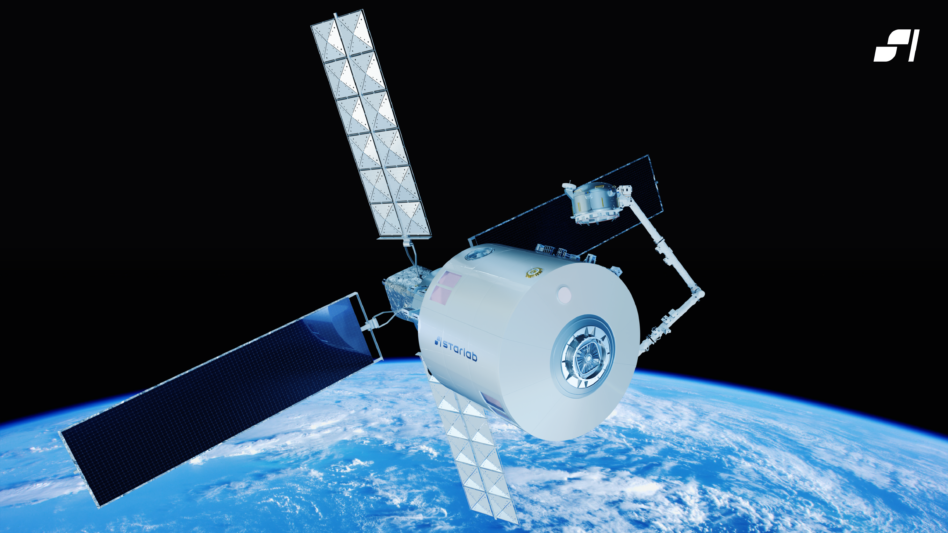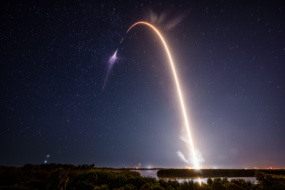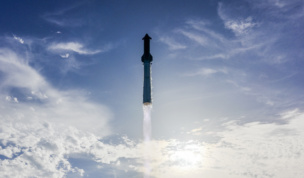Starlab Space, a joint venture between Airbus and Voyager Space, chose SpaceX’s Starship to launch a commercial station that is designed to replace the retiring ISS as a LEO destination.
One and done: Starship is that it is the only rocket large enough to launch Starlab in one piece, fully outfitted. That saves the expense and risk of multiple launches and in-space assembly.
“It cannot be understated, the significance of the single launch to orbit, not two-three-four launches, to close the business plan,” Voyager Space President Matt Kuta told Payload.
Kuta expects the habitat to launch in 2028, before the ISS is decommissioned in 2030. Once in orbit, a crew of four will be able to conduct microgravity research inside a 8 m-wide module that’s about half the internal volume of the ISS. The company is focused on flying national astronauts, and its European co-owner will no doubt help attract customers there.
Starlab is settling into a new corporate structure after replacing Lockheed Martin with Airbus and adding Northrop Grumman to the collaboration to provide autonomous cargo flights to the station with the Cygnus Spacecraft. NASA has awarded $217.5M to the consortium.
Starship’s busy schedule: SpaceX is aiming for a third fully-integrated flight test of its most massive rocket sometime in February, but there’s no telling when it will go into service. NASA, which has tapped the company to deliver humans to the lunar surface on Artemis III, will be pressing SpaceX to complete its Moon landing demo with the vehicle in 2025, which could require a dozen flights or more.
Astrolab and SKY Perfect JSAT also have Starship launch contracts with SpaceX, and there are three tourist flights on its manifest, bought by Japanese entrepreneur Yusaku Maezawa, billionaire American investor Dennis Tito, and previous SpaceX passenger Jared Issacman, the founder of payments firm Shift4.




